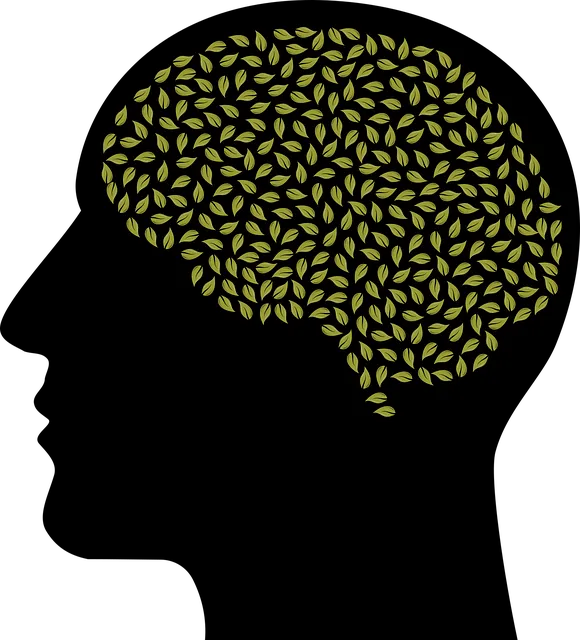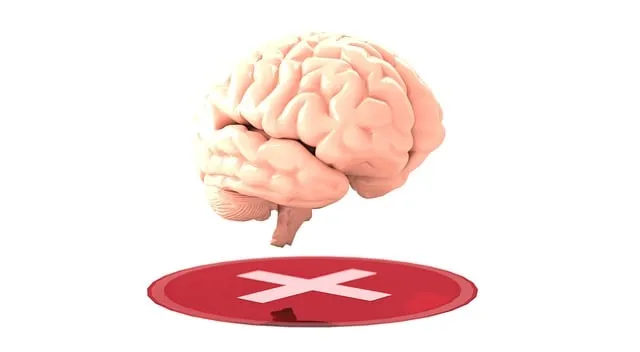Wheat Ridge Kaiser Permanente behavioral health services focus on social skills training to enhance mental well-being. They address unique challenges in social interactions due to conditions like anxiety or emotional regulation issues, offering tailored support and programs. With cultural competency training, they ensure empathetic care for diverse patients. Group therapy sessions build resilience and confidence through structured activities. The integrated Social Skills Training (SST) program, led by professionals, improves patient outcomes by addressing social functioning, complementing existing therapies and community outreach efforts.
Social skills training is a powerful tool for improving mental health outcomes, especially within the context of behavioral health services. This article explores the intricate link between social skills and mental wellness, focusing on strategies to enhance communication and interaction for individuals facing various conditions. We delve into specific challenges encountered in social settings and present effective solutions, including group therapy sessions, tailored programs like those offered by Wheat Ridge Kaiser Permanente, and integrated training methods that revolutionize behavioral health care.
- Understanding the Link Between Social Skills and Mental Health
- Identifying Challenges in Social Interactions for Individuals with Conditions
- Strategies for Enhancing Communication in Behavioral Health Settings
- Group Therapy Sessions: A Safe Space for Practice and Support
- Integrating Social Skills Training into Kaiser Permanente's Wheat Ridge Services
Understanding the Link Between Social Skills and Mental Health

Social skills training plays a pivotal role in addressing mental health conditions, particularly for individuals seeking support from behavioral health services like those offered by Wheat Ridge Kaiser Permanente. The connection between social skills and mental well-being is intricately woven; effective communication, empathy, and interpersonal relationships are not just components of healthy social interactions but also crucial tools for managing and improving mental health.
Developing strong social skills can significantly enhance one’s ability to cope with stress, a key aspect of mental health awareness. It empowers individuals to navigate challenging situations, foster positive connections, and engage in emotional regulation—all essential components for maintaining balance and stability in the face of various mental health conditions. By integrating these skills into therapeutic practices, behavioral health services can provide holistic care that addresses both the symptoms and underlying causes of distress, ultimately promoting lasting well-being.
Identifying Challenges in Social Interactions for Individuals with Conditions

Many individuals with mental health conditions face unique challenges when it comes to social interactions due to their specific diagnoses and symptoms. These challenges can range from anxiety in social settings, difficulty understanding non-verbal cues, or struggling with emotional regulation during conversations. For instance, someone with social anxiety disorder might experience overwhelming fear and avoidance of public spaces, impacting their ability to engage in everyday conversations. Similarly, individuals with conditions like bipolar disorder or depression may exhibit withdrawn behaviors or struggle to express themselves, leading to isolation and a lack of meaningful social connections.
Wheat Ridge Kaiser Permanente behavioral health services recognize these barriers and aim to provide tailored support. Through specialized programs and individual therapy sessions, they offer evidence-based strategies for improving emotional regulation and enhancing social skills. Mental health awareness and stress management techniques are often at the core of these interventions, empowering individuals to navigate social situations more confidently. By addressing these challenges head-on, behavioral health services contribute to improved overall well-being and a higher quality of life for those managing mental health conditions.
Strategies for Enhancing Communication in Behavioral Health Settings

In behavioral health settings, effective communication is key to providing quality care. Wheat Ridge Kaiser Permanente behavioral health services emphasize strategies that foster open and respectful dialogue between healthcare providers and patients. One such approach involves cultural competency training, which equips staff with the skills to navigate diverse backgrounds, beliefs, and communication styles. By understanding cultural nuances, providers can create a safer and more inclusive environment, encouraging patients to express their needs and concerns honestly.
Additionally, mental health awareness plays a pivotal role in enhancing communication. Training programs equip healthcare providers with knowledge about various mental health conditions, allowing them to recognize signs, symptoms, and triggers more effectively. This enhanced understanding facilitates empathetic interactions and enables better listening, which is crucial for delivering crisis intervention guidance. Through these strategies, Wheat Ridge Kaiser Permanente ensures that patients receive not just medically accurate care but also care that respects their individual experiences and needs.
Group Therapy Sessions: A Safe Space for Practice and Support

Group Therapy Sessions offer a unique and supportive environment for individuals navigating mental health conditions to practice and develop essential social skills. At Wheat Ridge Kaiser Permanente behavioral health services, these sessions are designed to foster a sense of belonging and understanding. Here, participants can engage in meaningful conversations, share experiences, and learn from one another, all while receiving encouragement and feedback from trained facilitators.
In this setting, individuals gain confidence in their ability to interact with others, improve their communication skills, and build resilience. Through structured activities and discussions, group therapy encourages the development of self-awareness exercises, promoting better stress management strategies. It provides a safe space to practice social interactions, creating a supportive network that can be invaluable for long-term mental well-being.
Integrating Social Skills Training into Kaiser Permanente's Wheat Ridge Services

At Wheat Ridge Kaiser Permanente’s behavioral health services, integrating Social Skills Training (SST) has emerged as a strategic initiative to enhance patient outcomes and support their mental well-being. SST is a structured program designed to teach individuals essential social interaction skills, helping them navigate interpersonal relationships with confidence and ease. By incorporating this evidence-based approach, the facility aims to address the often-overlooked aspect of social functioning in mental health treatment plans.
The implementation of SST within Kaiser Permanente’s services offers a holistic solution to managing conditions like anxiety and stress. Through group sessions led by trained professionals, patients learn effective communication techniques, emotional regulation strategies, and assertiveness skills tailored to their specific needs. This personalized approach not only fosters better patient engagement but also empowers them with the tools needed for successful community reintegration. Furthermore, the program complements existing therapy modalities, creating a comprehensive framework for Anxiety Relief and Stress Reduction Methods while strengthening the Community Outreach Program Implementation at Wheat Ridge Kaiser Permanente.
Social skills training is a powerful tool within behavioral health services, such as those offered by Wheat Ridge Kaiser Permanente. By integrating these strategies, individuals with mental health conditions can navigate social interactions more confidently, leading to improved well-being and enhanced connections. Group therapy sessions create supportive environments for practice and learning, fostering a sense of community. This holistic approach, combined with tailored strategies, enables folks to overcome challenges and thrive in their personal and professional lives, ultimately revolutionizing their journey towards mental health recovery.






